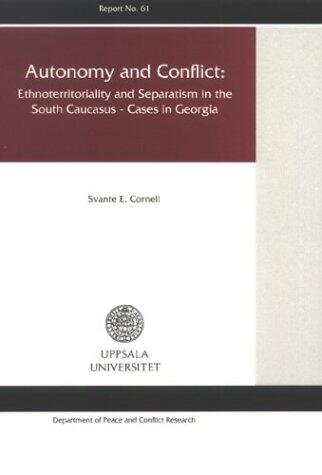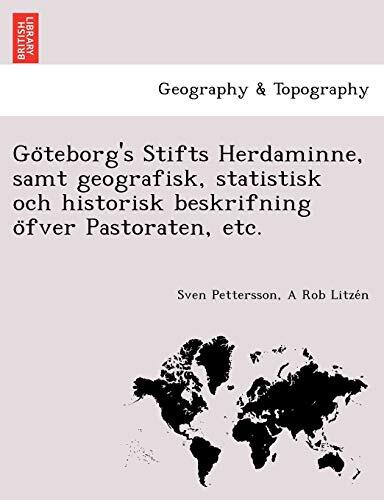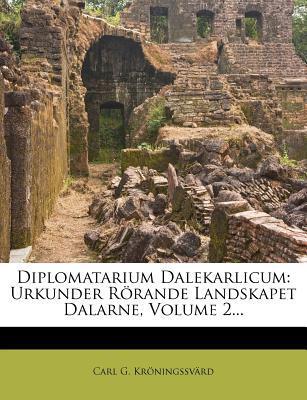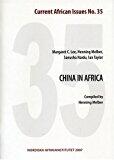
Autonomy & Conflict: Ethnoterritoriality & Separatism In The South Caucasus - Cases In Georgia
还没有评分
History
格式
平装书
页数
248
语言
瑞典语
已发布
Jan 1, 2002
出版商
Uppsala Universitet
ISBN-10
9150616005
ISBN-13
9789150616002
描述
Svante E. Cornell delves into the intricate dynamics of autonomy and conflict within the South Caucasus, specifically examining the cases in Georgia. The analysis sheds light on the complex relationship between ethnoterritoriality and separatism, as well as the historical and political factors that have shaped these phenomena in the region. Through well-researched case studies, Cornell explores different ethno-political groups and their aspirations for autonomy, revealing the underlying tensions that often lead to conflict.
The work further contextualizes the struggles for independence within a broader geopolitical framework, considering the influence of regional and international actors. It highlights the delicate balance between the desire for self-determination and the state’s quest for territorial integrity, providing an insightful perspective on the roots of separatist movements. By weaving together historical narratives and contemporary developments, Cornell paints a vivid picture of the challenges faced by communities striving for recognition.
Ultimately, this analysis offers valuable insights for policymakers and scholars alike, serving as a critical resource to understand the ongoing conflicts in the South Caucasus. The detailed examination of ethnoterritorial disputes in Georgia provides a lens through which to consider broader issues of identity, governance, and conflict resolution in multi-ethnic societies.
The work further contextualizes the struggles for independence within a broader geopolitical framework, considering the influence of regional and international actors. It highlights the delicate balance between the desire for self-determination and the state’s quest for territorial integrity, providing an insightful perspective on the roots of separatist movements. By weaving together historical narratives and contemporary developments, Cornell paints a vivid picture of the challenges faced by communities striving for recognition.
Ultimately, this analysis offers valuable insights for policymakers and scholars alike, serving as a critical resource to understand the ongoing conflicts in the South Caucasus. The detailed examination of ethnoterritorial disputes in Georgia provides a lens through which to consider broader issues of identity, governance, and conflict resolution in multi-ethnic societies.



















